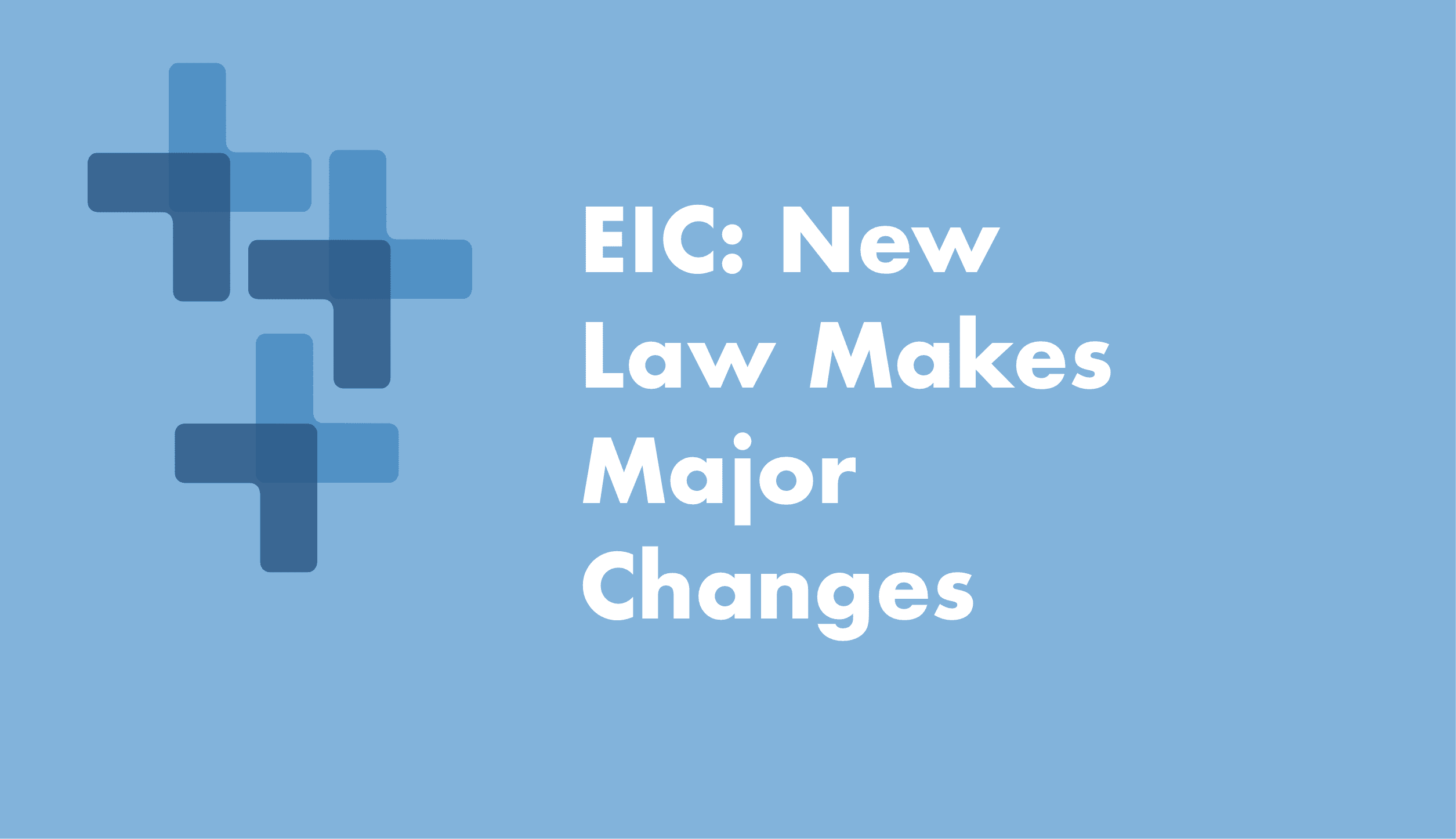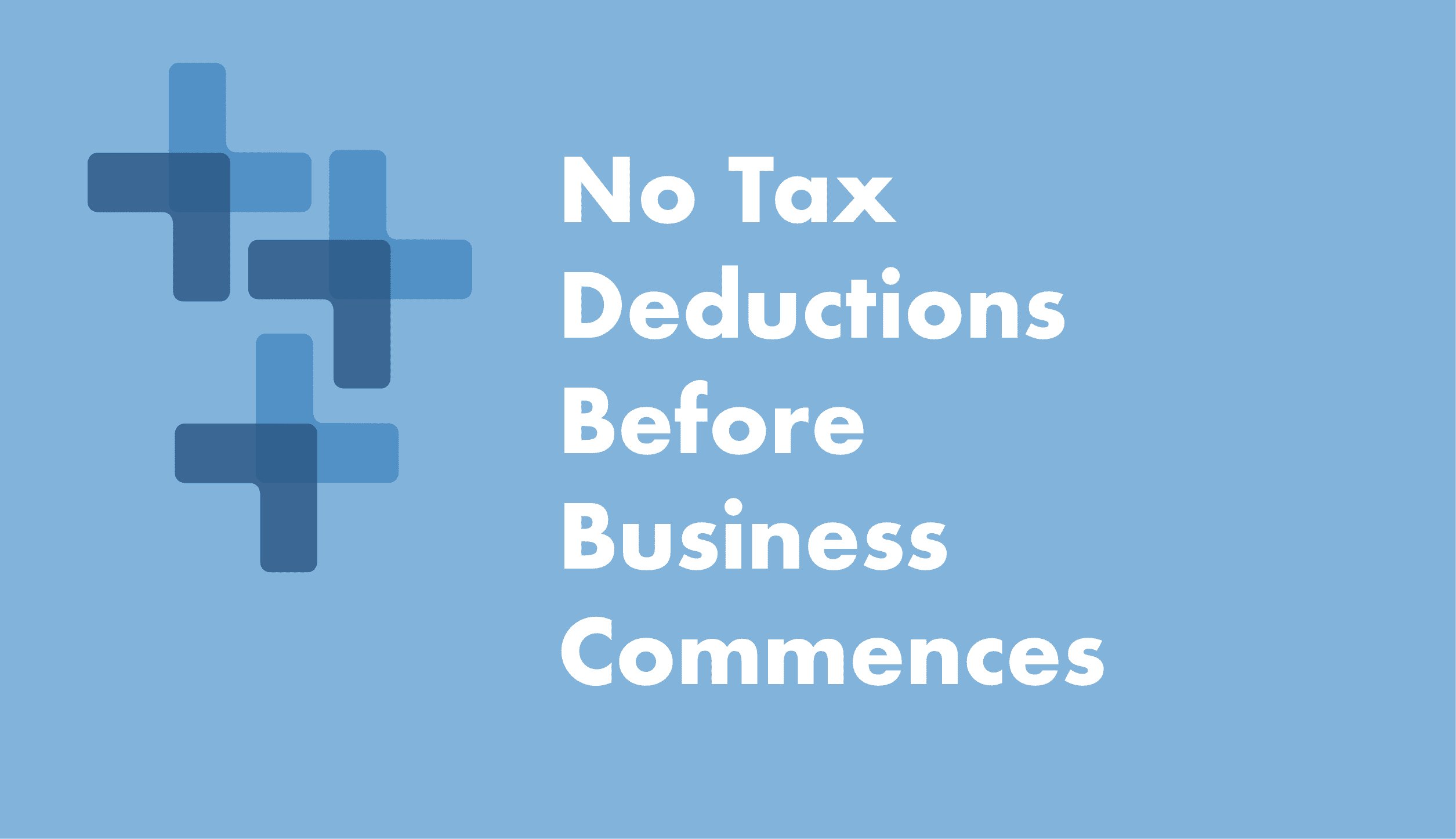In general, a tax assessment by the IRS is presumed to be correct. A taxpayer can overcome the presumption with proof. That situation is reversed when the IRS asserts fraud. In those instances, the IRS must prove, by clear and convincing evidence, that fraud exists.
Badges of Fraud
Tax fraud is a very serious issue. There is a potential for criminal as well as civil penalties. In addition, the civil penalty can be 75 percent of the underpayment attributable to fraud. To make matters worse, if the IRS can show fraud, there is no statute of limitations, which means the tax agency can open up any earlier tax return.
While the IRS hurdle is high, even innocent taxpayers can expose themselves by their actions. Courts look for “badges of fraud,” indicating when incidents of fraud have occurred. These badges of fraud include:
- Failure to file income tax returns.
- Understating income.
- Failure to maintain adequate records.
- Concealing income or assets.
- Failure to cooperate with tax authorities.
- Asserting frivolous arguments.
- Lack of credibility of the taxpayer’s testimony.
- Implausible or inconsistent explanations of behavior.
- Engaging in illegal activities.
- Attempting to conceal illegal activities.
- Filing false documents.
- Dealing in cash.
- Failure to provide documents to the IRS.
- Engaging in a pattern of behavior with an intent to mislead.
- Failure to deposit receipts into a business account.
- Commingling personal and business income or assets.
- Establishing multiple entities with no business purpose.
- While no one factor is necessarily sufficient to establish fraud, the combination of factors can constitute persuasive evidence.
- The importance of the factors varies. Dealing in cash is unlikely to be a factor for a local deli (it’s expected), but it could be for a business that accepts only or largely cash when the industry norm is for credit cards and checks. Failing to deposit receipts in a business bank account also rates high on the list. So does filing false documents such as providing receipts a business created (or modified) or asking a supplier to create for a nonexistent transaction. In fact, providing false documents can result in criminal action by itself.
- But a taxpayer could find him or herself in trouble by some relatively innocent actions like requesting customers pay in cash because of financial problems, keeping poor records, paying personal expenses out of the business, etc. Reduce your exposure by avoiding these “badges” and talk to your tax adviser if you’re unsure of how to deal with a particular issue.
- For guidance in complying with tax regulations, call 214-696-1922 and ask for Mark Patten.
- McKinnon Patten is a Dallas CPA firm that specializes in tax compliance for individuals and businesses. We understand the importance of staying up-to -date on continuously changing tax rules and regulations.



